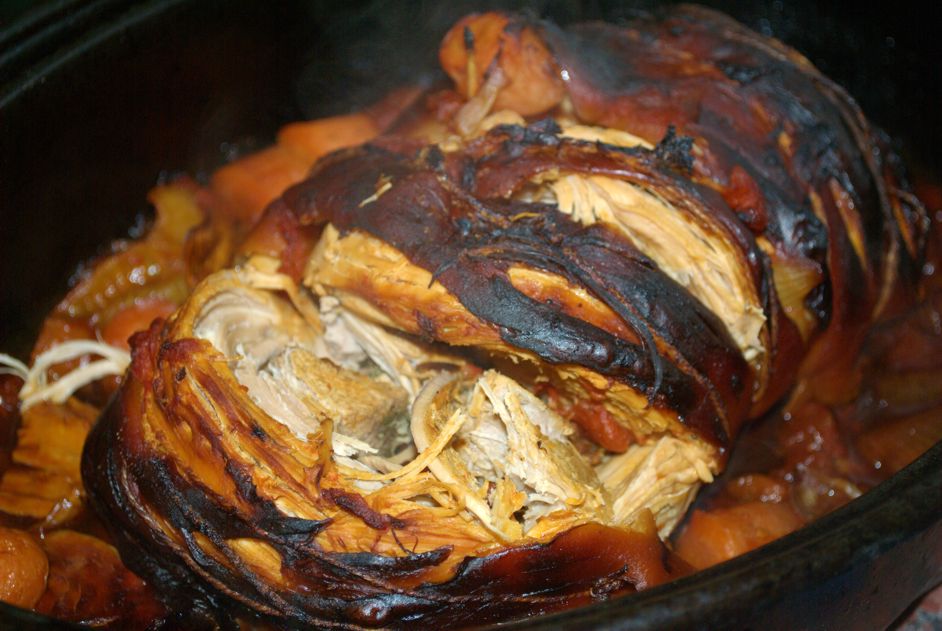Former chancellor Rishi Sunak unveiled plans to temporarily scrap value added tax on household energy bills, if elected prime minister, as he sought to halt the momentum behind foreign secretary Liz Truss in her Tory leadership bid.
Sunak’s move followed a new opinion poll which showed Conservative activists believed Truss outperformed her rival in a televised leadership debate on Monday that took the contest to new levels of acrimony.
Tory members will vote for either Truss or Sunak to succeed Boris Johnson as party leader and prime minister, with the result due on September 5.
The two leadership candidates on Tuesday went head to head in another TV debate hosted by TalkTV and The Sun newspaper, which was halted after presenter Kate McCann fainted. TalkTV later said McCann was “fine”.
Sunak had previously as chancellor rejected calls for the scrapping of the 5 per cent VAT rate on domestic fuel amid the cost of living crisis.
In February Sunak told MPs that removing VAT on domestic fuel bills “would disproportionately benefit wealthier households”.
Sunak also feared that a “temporary” VAT cut — which would cost more than £4bn if domestic fuel bills average over £3,000 a year — could become permanent.
But Truss’s tax-cutting promises in the Tory leadership contest have helped to make her the bookmakers’ favourite to succeed Johnson.
Sunak has warned that Truss’s tax plans, which include reversing a national insurance increase he oversaw as chancellor, would be inflationary.
He said his proposed “targeted and temporary” VAT cut on domestic fuel for the next year would save the typical household £160 and would bear down on rising prices.
“As chancellor I knocked £400 off everyone’s energy bill and provided support of £1,200 for the most vulnerable households,” he said. “This additional VAT cut will help deal with the current emergency.”
Truss, meanwhile announced that, if chosen as prime minister, police forces would be told to cut crimes including homicide by 20 per cent by the end of the parliament.
Her government would publish league tables illustrating how each force ranks. Underperforming forces would be required to attend a meeting with the national policing board.
“It’s time for the police to get back to basics and spend their time investigating real crimes, not Twitter rows and hurt feelings,” said Truss. “People can trust me to deliver and these league tables will help hold the police to account — making our streets safer and our country more prosperous.”
Sunak’s VAT announcement follows YouGov polling which revealed that Tory activists believed that Truss outperformed the former chancellor by a margin of 50 per cent to 39 per cent in the TV debate on BBC1 on Monday.
An earlier survey by Opinium found that while ordinary voters thought Sunak narrowly edged the debate by 39 per cent to 38 per cent, Tory supporters preferred Truss by 47 per cent to 38 per cent.
In milder exchanges on TalkTV than during the BBC1 debate, Truss and Sunak sparred over their economic policies.
Sunak, who as chancellor planned to raise corporation tax from 19 per cent to 25 per cent in 2023, said it was “reasonable” to ask companies to pay more and accused Truss of aiding “big business”. She has pledged not to implement the increase in corporation tax.
Truss said tax rises introduced by Sunak were “morally wrong” and attacked his increase in national insurance that breached a Conservative 2019 election manifesto pledge. “We did not need to break that manifesto pledge . . . I spoke against it,” she added.
Both candidates endorsed fracking for shale gas if supported by local communities.
Sunak had sought to destabilise Truss by strongly attacking her on economic policy and repeatedly interrupting her in the BBC1 debate. Thérèse Coffey, work and pensions secretary and a Truss supporter, accused the former chancellor of “mansplaining”.
Simon Clarke, Treasury chief secretary and also a Truss backer, accused Sunak of conducting himself in an “extremely aggressive” manner during the BBC1 debate.
Clarke said on LBC he had always found Sunak to be “reasonable to work with” in the Treasury, but added his former colleague took a “pretty intense approach” during the debate.
Sunak said on BBC1 that Truss’s plans to cut taxes would prompt a sharp rise in interest rates, crash the economy and plunge “millions of people into misery”.
Truss said Sunak had pursued “negative, declinist policies” and the tax increases he introduced as chancellor would lead the country into recession.
Polls suggest that Sunak is trailing Truss in the contest, partly because Tory members blame him for putting up taxes to stabilise the public finances after the Covid-19 crisis but also owing to his perceived disloyalty to Johnson. He was also one of the first ministers to quit that forced Johnson’s resignation as Conservative leader.
Sunak’s allies said the former chancellor was beginning to close the gap between him and Truss.
They highlighted how 43 per cent of those asked by YouGov noted that Sunak looked more prime ministerial during the BBC1 debate, compared to 42 per cent who said the same of Truss.
In recent days, senior Conservatives have voiced concern at the increasingly negative tone of attacks and briefings by allies of Truss and Sunak.
One former cabinet minister said: “It is just a godsend for the Labour party and damages the perception of the Tories.”





















Discussion about this post